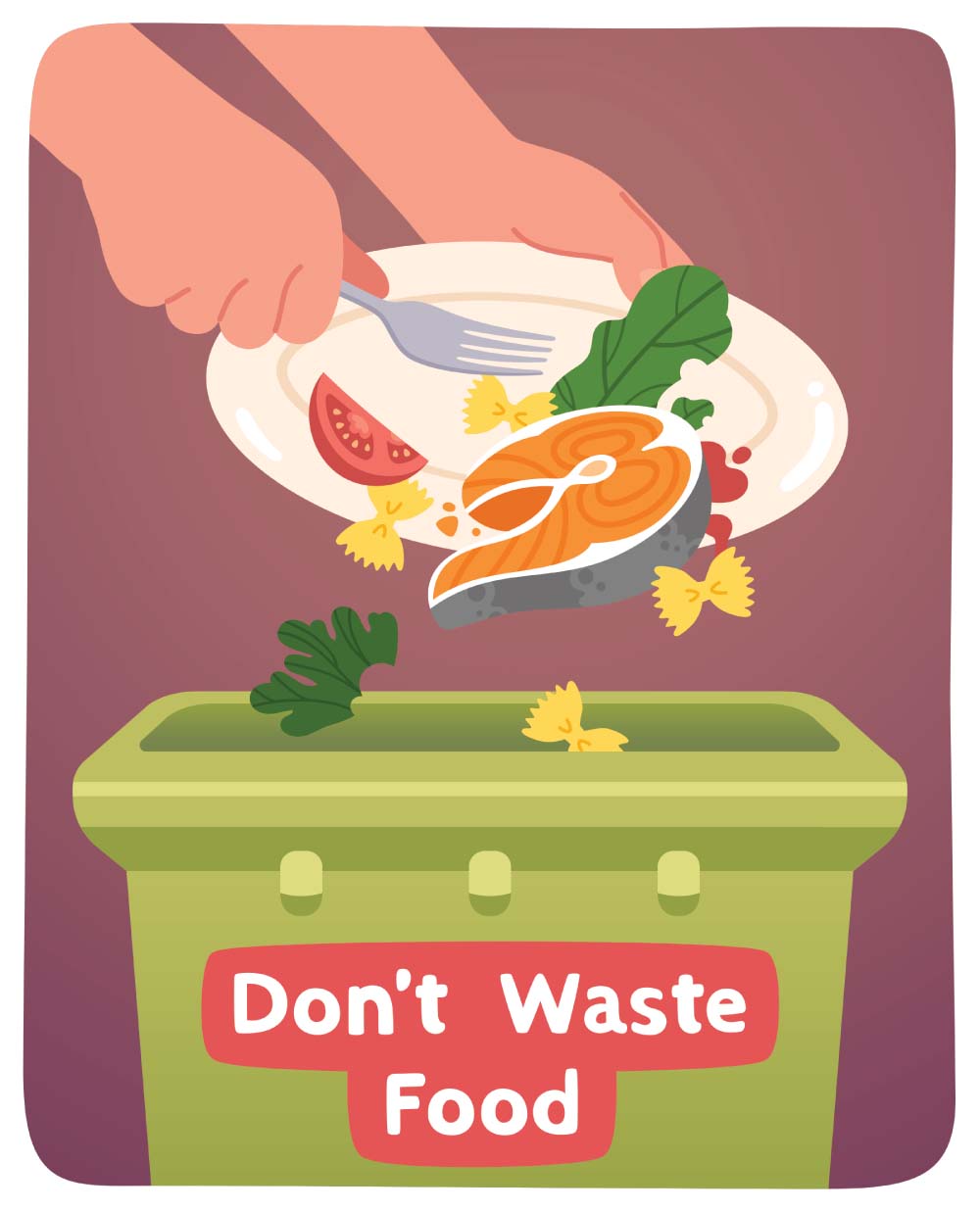Picture this: sleek countertops made from recycled materials, energy-efficient appliances humming softly in the background, and organic produce sourced from local farmers resting on your eco-friendly cutting board. Your kitchen becomes a testament of sustainable design and mindful living. It's not just a place to prepare meals; it's a sustainable oasis that harmonises aesthetics, functionality and environmental responsibility.
Creating a sustainable kitchen is a meaningful step towards reducing our ecological footprint. It is where we can make a real difference in reducing waste, saving energy and making our planet healthier. Here’s how you can create a sustainable kitchen, encompassing various aspects from energy-efficient appliances to mindful food choices.
Opt for energy-saving appliances
Investing in energy-efficient appliances is an essential aspect of creating a sustainable kitchen. When you are purchasing new appliances, look for the equipment that come with Energy Star labels, as they are designed to minimise energy consumption and use less electricity, while delivering top-notch performance. Think about upgrading your refrigerator, oven and dishwasher to energy-saving models. Not only will you cut down on energy consumption, but you'll also save a lot of money on your utility bills.
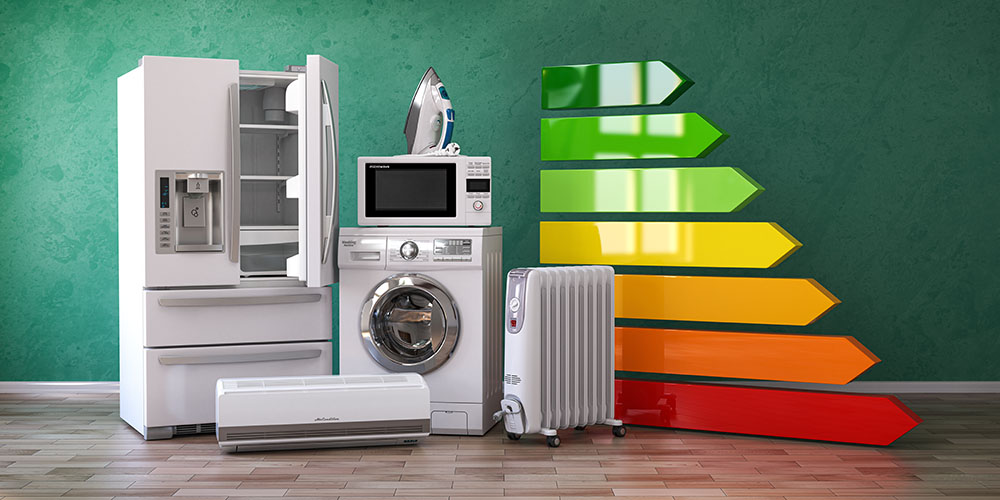
Embrace the power of composting
We all have scraps and food waste from time to time, but we can adopt waste management which will minimise waste and make your kitchen more sustainable. It’s as easy as setting up a compost bin in your kitchen or backyard to transform those kitchen scraps into nutrient-rich soil. Vegetable peels, coffee grounds, eggshells and other biodegradable kitchen scraps can all be composted in these bins. Not only will you divert waste from landfills, but you'll also have a fabulous source of compost for your garden. It's a great way to give back to the earth and make your plants thrive.
Alternatively, you can also set up a recycling station in your kitchen with clearly labelled bins for different types of recyclable materials, such as glass, plastic, paper and metal. Rinse and clean containers before recycling them.
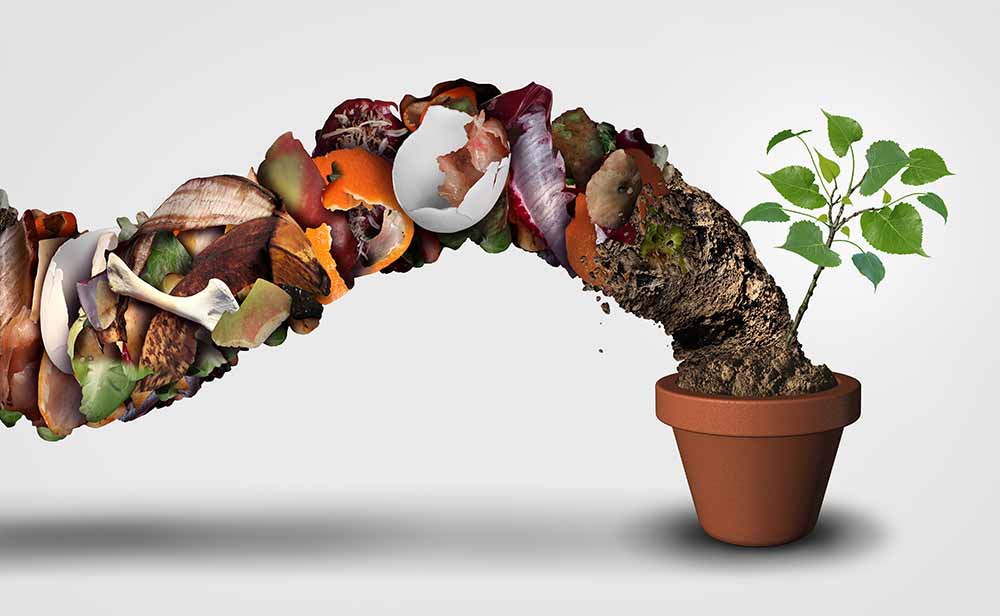
Invest in high-quality cookware
Investing in long-lasting, high-quality cookware not only enhances your cooking experience, but also saves you time, money and the frustration of constantly replacing worn-out pots and pans. High-end materials such as stainless steel, cast iron and copper provide excellent heat distribution, ensuring even and precise cooking. These materials also retain heat efficiently, allowing you to achieve the perfect sear or simmer with ease. Designed to withstand the demands of daily use, high-quality cookware is built to last, saving you from the hassle and expense of frequent replacements.
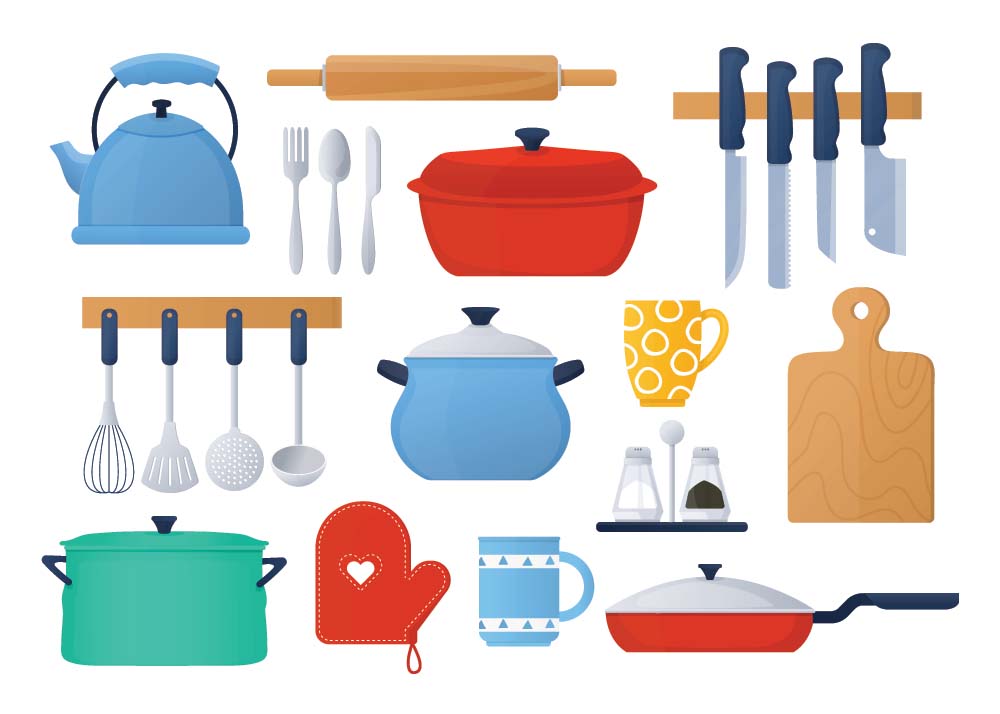
Use glass storage containers and reusable kitchen towels
By using glass storage containers and reusable kitchen towels, you're taking significant steps towards a more sustainable lifestyle. Glass is fully recyclable, so you can continue the sustainability cycle by recycling your containers once they reach the end of their life. Paper towels may be convenient, but they generate a staggering amount of waste. Switching to reusable kitchen towels significantly reduces your household waste and minimises the demand for paper production. Each time you reach for a reusable towel instead of a disposable one, you contribute to a cleaner, greener planet.
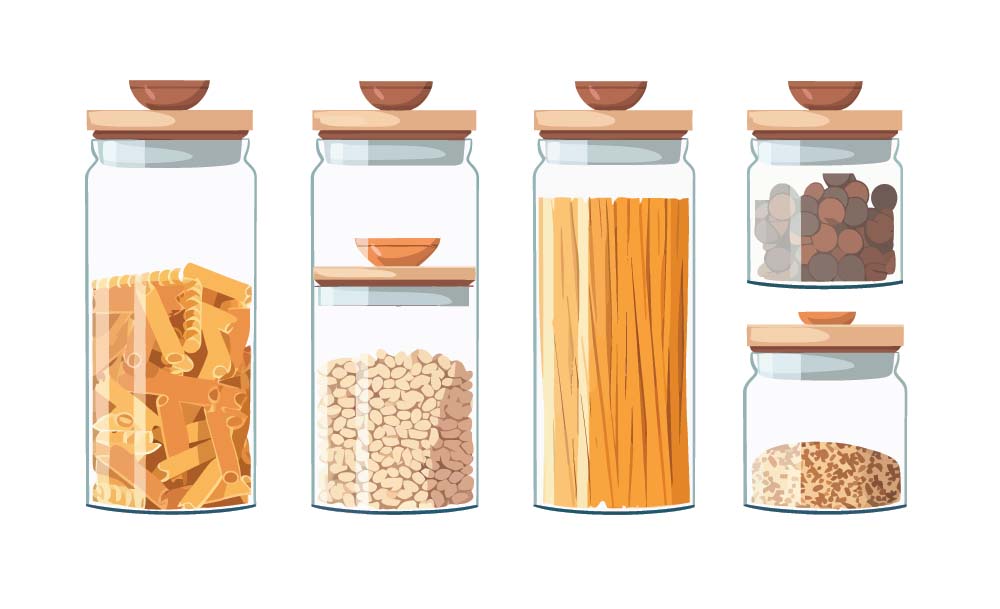
Opt for eco-friendly cleaning products
Traditional cleaning products often contain harsh chemicals that can contribute to indoor air pollution and pose risks to our health. Additionally, the manufacturing process of these products contributes to air and water pollution. Eco-friendly cleaning products, on the other hand, are typically made from natural, biodegradable ingredients that are safer for the environment. They break down more easily, reducing their impact on ecosystems and water sources.
Another advantage of eco-friendly cleaning products is their commitment to reducing packaging waste. Many eco-friendly brands prioritise using recyclable or biodegradable packaging materials. Some even offer refillable options, allowing you to reuse the same container multiple times. By choosing products with minimal packaging and sustainable materials, you contribute to the reduction of plastic waste and promote a circular economy.
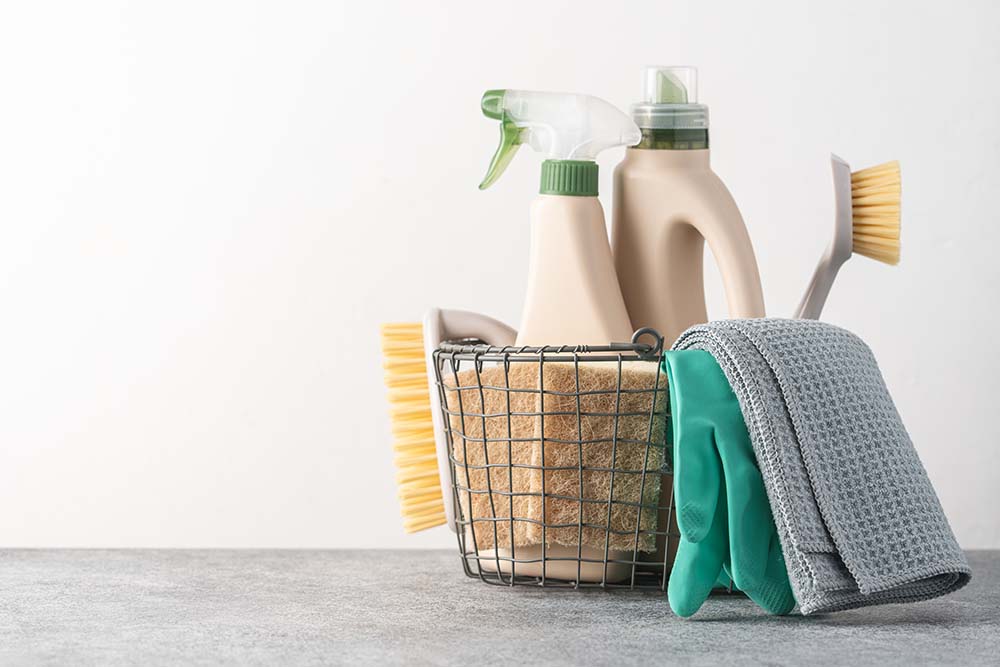
Reduce food waste and use the whole plant
Reducing food waste and embracing the whole plant concept are powerful ways to make our cooking practices more sustainable and environmentally friendly. Food waste is a pressing issue that affects not only our environment, but also food security and resource sustainability. When we waste food, we also waste the resources involved in its production, including water, energy and labour. Moreover, food waste in landfills produces harmful greenhouse gases like methane, contributing to climate change. Another crucial step in reducing food waste is embracing the whole plant concept. By utilising every part of the plant, we not only minimise waste, but also enhance the flavours and nutritional value of our meals.
Embrace meal planning, proper storage techniques and composting to further reduce waste. Let's adopt these practices and contribute to a more sustainable food system, one meal at a time.
